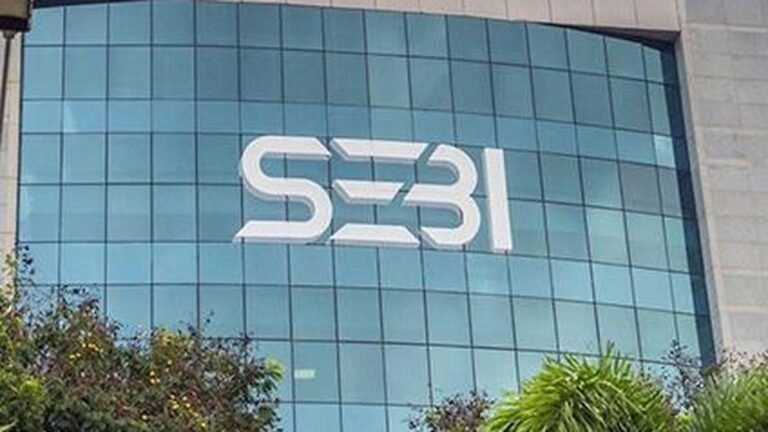The Securities and Exchange Board of India (SEBI) has proposed a complete revamp of its mutual funds regulations aimed at simplifying the nearly three-decade-old framework, removing redundant provisions and improving investor protection.
The mutual fund rulebook has become “voluminous and complex” after years of piecemeal amendments, and so “SEBI has undertaken an exercise to comprehensively review the MF Regulations” to make them easier to understand and implement, it said in a draft paper on Tuesday.
The revised framework proposes sweeping changes across governance, compliance, disclosure and cost structures. This includes the removal of the additional 5 basis points (bps) expense that asset management companies (AMCs) were allowed to charge on schemes with exit loads.
To offset the impact, SEBI has marginally revised the base expense ratio slabs upward by 5 bps for open-ended schemes.
The regulator has also proposed lowering the brokerage cap from 12 bps to 2 bps for cash transactions and from 5 bps to 1 bps for derivatives, citing the need to prevent investors from effectively paying twice for research services bundled with trading commissions.
All statutory levies such as GST, stamp duty and securities transaction tax will now be kept outside the total expense ratio (TER) limit, bringing greater transparency to fee disclosures.
For ease of compliance, mutual funds will no longer be required to submit hard copies of advertisements to SEBI or publish certain notices in newspapers. Communication with investors can be done digitally, while half-yearly portfolio disclosures will be merged with monthly reports to avoid duplication.
Among structural changes, SEBI has clarified the eligibility norms for sponsors and trustees, deleted redundant categories such as capital protection-oriented and real estate mutual fund schemes, and proposed clearer definitions for terms like TER and “independent trustees.”
Asset-management companies offering non-pooled or non-broad-based funds should do so through a separate business unit, with all key employees segregated and a board-level oversight to control conflicts, it said.
The regulator has invited public comments on the draft regulations by November 17.
Published on October 28, 2025

